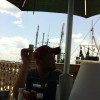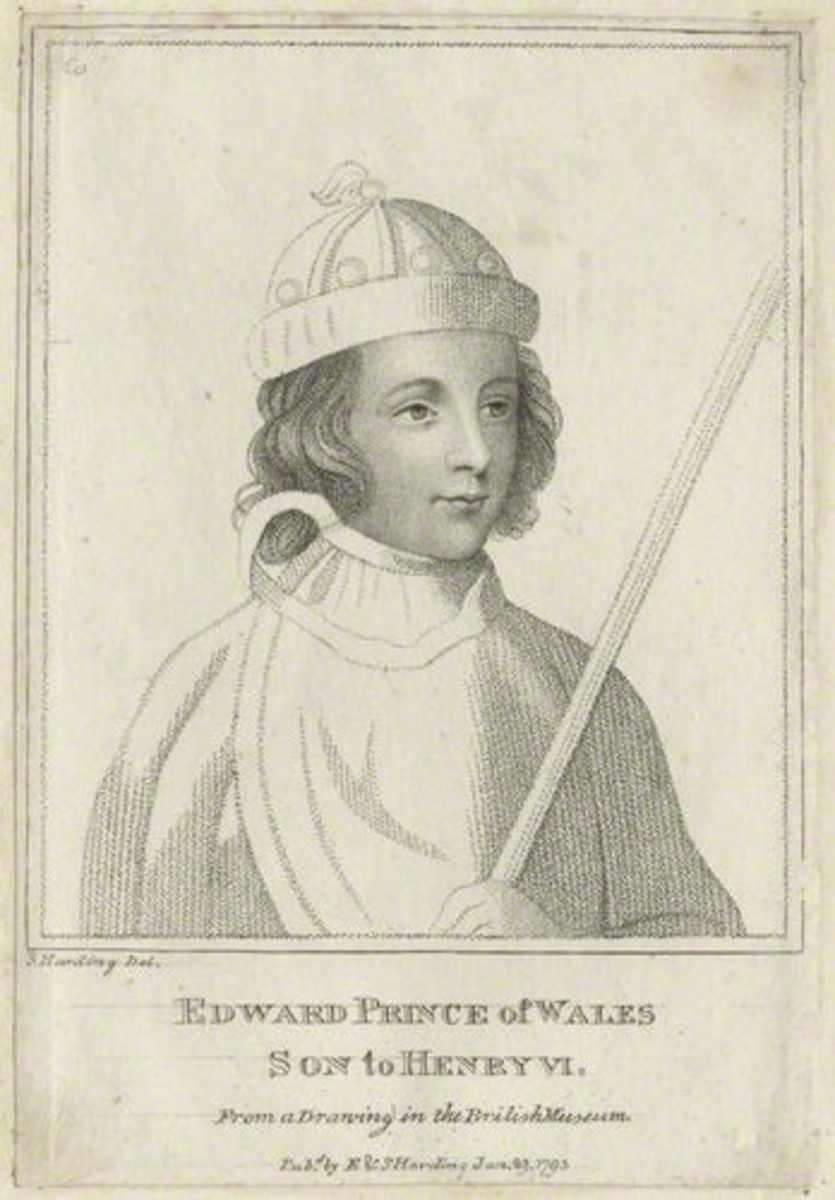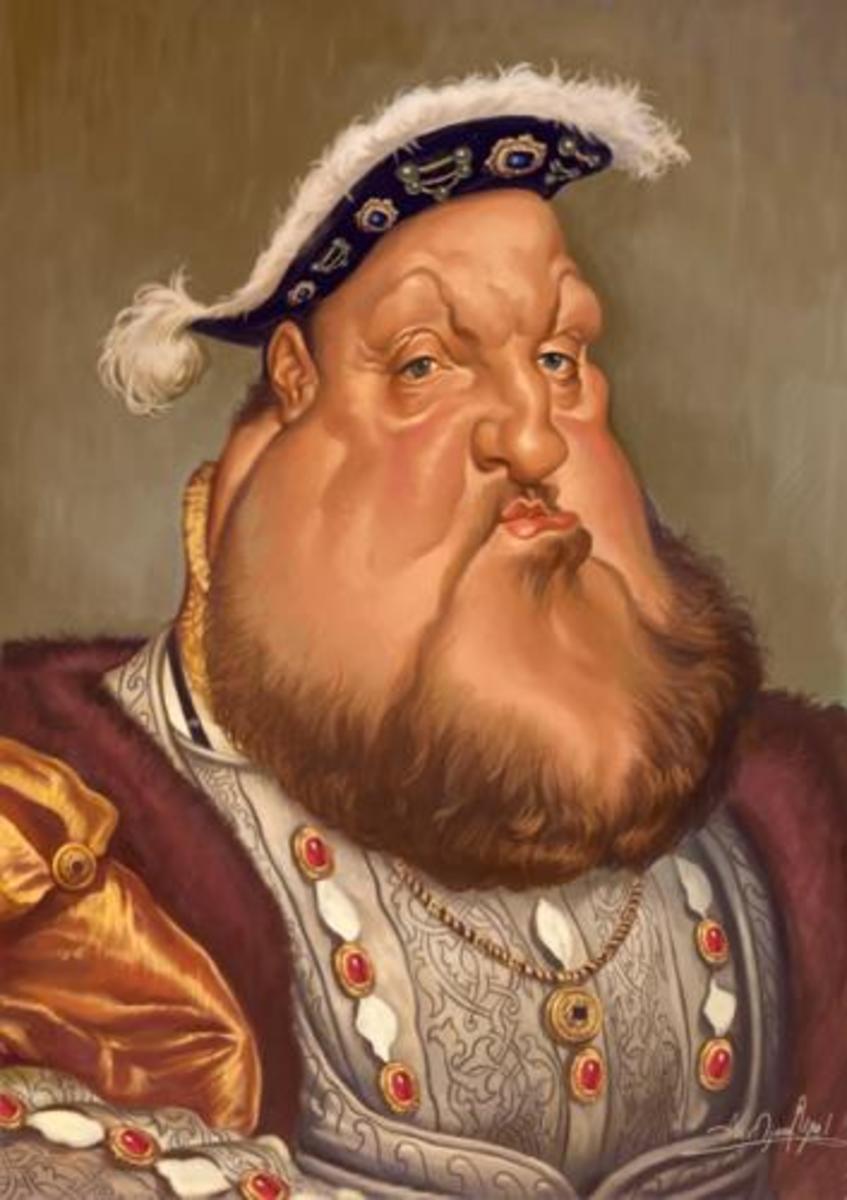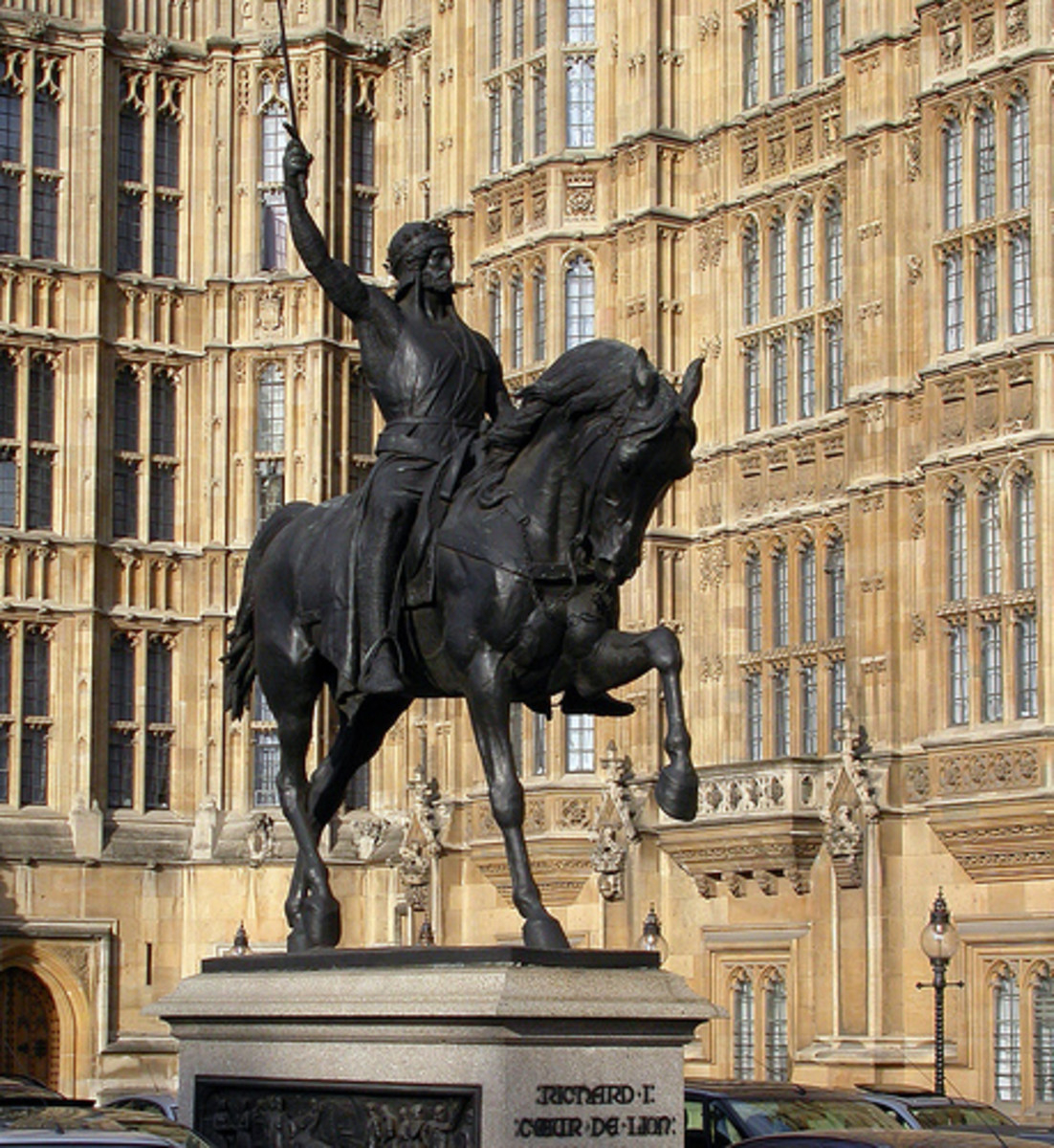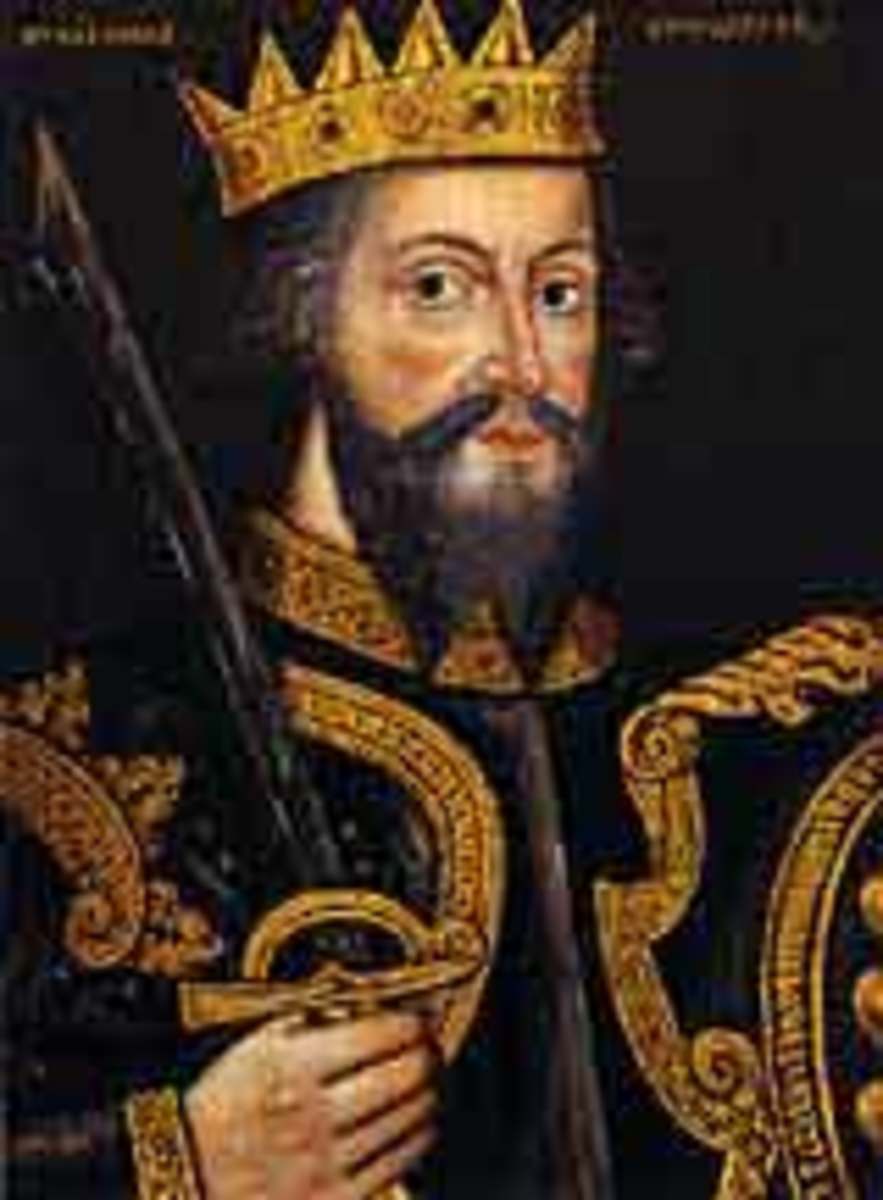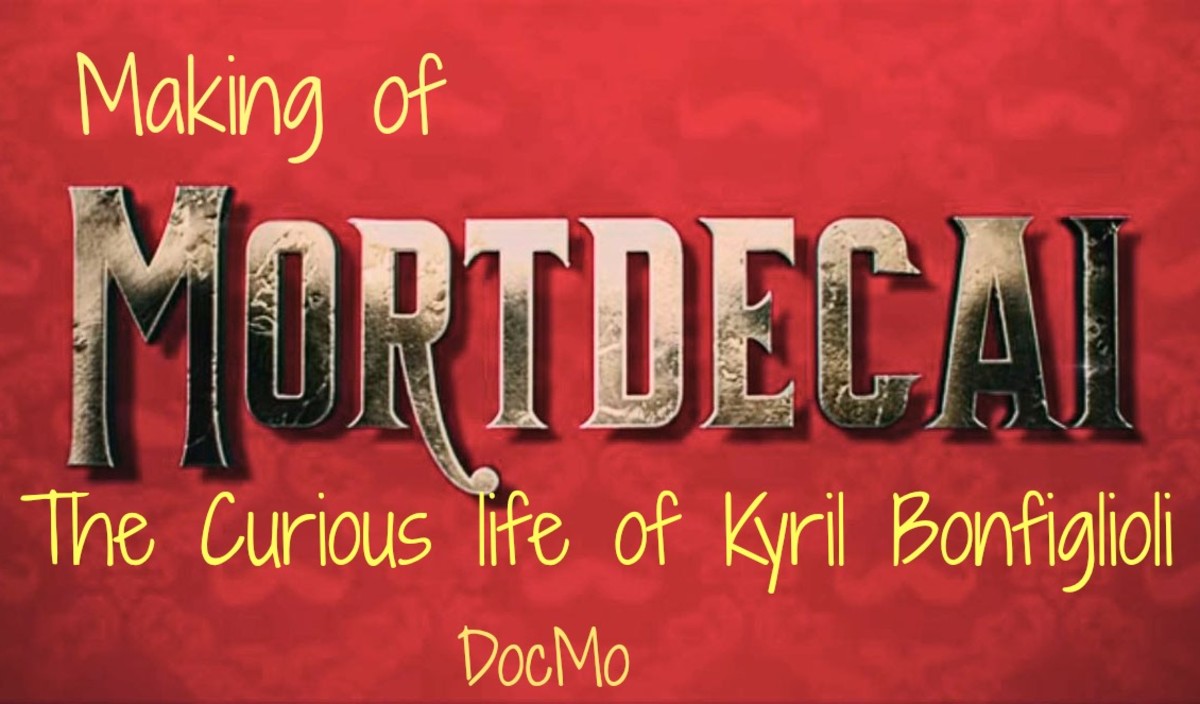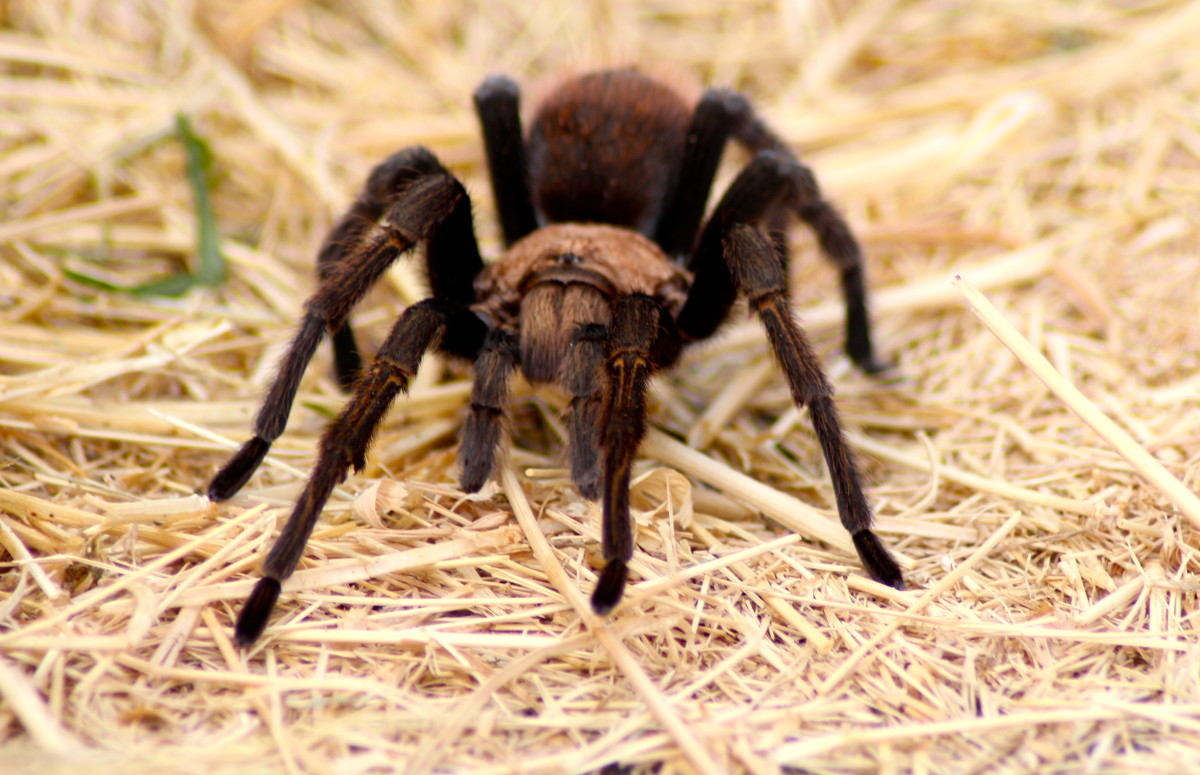Shakespeare's Dark-horse Story of Victory
The Hungry Warrior vs. The Prodigal Son
In William Shakespeare's Henry IV Part One, both of the main characters, Prince Hal and the leader of the rebel forces, Hotspur, reveal a struggle for power. Both characters have a role in what English society is to become. The notion of honor is important to both characters as well. The way both pursue honor, however, is in sharp contrast.
In Hal's case, he pursues honor by showing an ability to relate to the typical Englishman and stay true to who he is as a person.
In Hotspur's case, his military deeds in capturing the throne for King Henry are his definition of honor, but he is betrayed by the court and ruling class he helped fight for.
Ultimately, the text reveals that Prince Hal's unusual approach to winning respect from the people of England prevails and Hotspur- despite being a noble warrior, is defeated.
Hal and Hotspur Probably Were Not Above Using Terms Like These to Degrade Each Other
Bad Blood

Clumsy Start to the Throne for Hal
There are similar ambitions between Hotspur and Hal, but the ways they pursue these ambitions become different as the play progresses. In the beginning of the play, Hotspur feels that Hal is in no position to be a quality leader. Ironically, King Henry can relate to this. King Henry actually wishes that Hotspur was his son and refers to Hotspur as "A son who is the theme of honour's tongue".
Prince Hal, on the other hand, has been born into a world that was far easier than this father's. However, this does not diminish how Hal views honor. The text reveals that by not trying to win over the court and having free will, that makes Hal a complete person.
In the meantime, Hal is drinking and playing practical jokes on his friend Falstaff. In Act 1.2, Hal is talking with Falstaff about when he may assume power. When speaking of how the people of England will perceive Hal, he responds by saying: "they will know us by our horses and our habits, and by every other appointment, to be ourselves".
Hal is actually not afraid of this transparency. By saying that we should "be ourselves", seems to suggest that Hal is not ashamed of who he is, unlike Hotspur, who constantly needs to win the approval of everyone he speaks with.
People of the court typically have a snobbish attitude when thinking about the people they rule over. This may explain why Hal has such a strong interest in relating to Falstaff and those who drink at the tavern.
Hal strives for authenticity in approval seeking that his father never wanted to have a part of. Hal's behavior is completely out of keeping with the nobility of the court. Hal's logic initially affects his relationship with his father.
Later in the play however, the notion of Hal being himself is made after he speaks with his father, regarding his behavior. After putting his father in tears, Hal responds by saying "I shall hereafter be more myself" (3.2 94-95). Hal seems to be an existential journey, meanwhile gaining a better understanding of how the society he may rule over works.
Friends 'til the End

Honor through friendship is important to Hal. In Act 1.2, the dialogue between the Prince and his friend Falstaff suggests that, despite the advice that Falstaff is giving Hal, there is a tinge of manipulation in what Falstaff is saying: "God save thy grace-majesty I should, for grace thou wilt have none". Falstaff, in a humorous way, is suggesting that grace may not be in Hal's future.
Falstaff, at times, can be a master manipulator. Words to him, unlike Hotspur, are not based in any greater meaning. Where Hotspur believes in honor through action, Falstaff simply theorizes about words such as honor.
Hotspur's way of life is comically dismantled after he is killed in a passage about honor. In Act 5.1, Falstaff laments the notion of honor a "mere scutcheon" (5.1 139). Falstaff attempts to give the word "honor" some sort of meaning in his mind by asking rhetorical questions and odd explanations about this figurative device.
In the end, words like "grace" and "honor" hold no purpose to Falstaff's day to day life. It would appear that in the play, manipulation keeps Falstaff alive because Hotspur's furious actions of revenge fail.
Is Hal Entitled or Naturally Gifted?
It is a risky, yet clever notion to Hal's part to befriend people such as Falstaff. Falstaff and Hal form a bond that is benificial to both. Falstaff is the one in control because he has the ability to keep Hal humble and honest, even though the basis of their friendship is left for question.
As the play progresses, Hal's involvement with Falstaff teaches him about the working class. According to David Berkeley and Donald Eidson's article "The Theme of Henry IV, Part One": "To think of Hal as needing education is to view him much less sophisticated than he really is". This passage proves that Hal, by not being overly influenced by one side or another, is able to remain neutral and uncompromised. By "conducting himself unassumingly" (Berkeley 27), he is simply being patient, while allowing Hotspur to simultaneously self-destruct. With patience, Hal will eventually "display powers unimagined by his rivals and beholders- a behavior pattern dear to the English in literature and in life" (Berkeley 28).
This reveals a cool confidence in Hal that Hotspur has no part of.
Hotspur Self-Destructs
Hotspur is blinded with optimism in the way he will execute his plans against Hal and his father, despite the numerous forces against him. After's King Henry's negotiations over the bodies in Scotland fail, Hotspur is informed of a plan to exact revenge on the King by forming an alliance with the Scots and Welsh- the two nations Hotspur just fought against.
Honor through being a warrior is what defines Hotspur as a person. However, he is quite impatient and suspicious of the people he encounters in life. During a heated dialogue between he and his wife over his surly behavior, his wife is reduced to calling him a "mad-headed ape!" (2.3 74).
After this exchange, Hotspur renounces his own love for his wife claiming that fighting the court must come first and that he and his forces, "must have bloody noses and cracked crowns" (2.3 89). Hotspur's behavior reveals that he is quick to anger without carefully debating the consequences behind what he accomplishes. This constant battling frame of mind that Hotspur possesses is documented when the rebel forces explain to him how to get revenge on the King.
Hotspur refers to the plan of betrayal by saying, "I smell it. Upon my life, it will do well" (1.3 275). Therefore, it becomes debatable that Hotspur may not have honor at all. Through his vindictive pursuit of power, he becomes too caught up in his own anger and is being overly dramatic.
Hotspur is obsessed with the concept of honor to the point where he loses his life. His rebel forces actually helped King Henry to his throne, and now Henry and the court have disowned him, due to the refusal of surrendering the prisoners. The reason Hotspur won't release them is because one of the Welsh armies captured his brother-in-law, Mortimer and will not release him.
When speaking of the King, Hotspur refers to him as the "vile politician Bolingbroke" (1.3 204). Ironically, Hotspur refers to the King in the same condescending way Falstaff speaks with Hal. When talking with Hal, Falstaff address him as "Thou" or "Thee" which is dialect reserved for a typical citizen. There is an informal, almost derogatory connotation in both how Hotspur and Falstaff address both the King and the Prince, more so with Hotspur's opinion of Hal's father. In Act 4.1, Vernon of the rebel forces is giving an over the top description of Hal, using mythic poetry to describe Hal's horse.
When Vernon refers to the horse as the "fiery Pegasus", Hotspur becomes consumed with jealousy over the "gallantly armed" Hal. Hotspur has no patience for such glowing praise of Hal, and predicts that Hal will be "Up to the ears in blood" (4.1 118) after the fight.
Both Hotspur and Falstaff seem to have an ability to strip away what these characters represent to the public, having realized the true nature of both. Because of this, the authenticity of both Hal and King Henry seems to be in question in Hotspur's view.
Coat of Arms

Quick Points
-The Prodigal Son theme is prevalent here in relation to Hal not having to prove himself until necessary
-Hotspur self destructs and through his emotions loses his life
-All quotes used in this Hub are from the original Oxford text
The Slacker Prevails
It is not clearly resolved whether or not Hal's approach to power and honor is more desirable than Hotspur's. It can be argued that Hal had a far easier path to follow than Hotspur. At the same time, it can be argued that Hotspur was driven solely by revenge.
In the end, it is Hal's approach that overcomes Hotspur's self-obsessed vengeance because Hal slowly gained support from his peers in a less dramatic communal way. In scene 5.4, Hal trivializes the concept of honor, in Hotspur's mind before he and Hotspur fight by saying, "I'll make it greater ere I part from thee, and all the budding honours on thy crest" (5.4 70-71).
With those final words before the fight, Hal's positions remains the same; he is unmoved by Hotspur's actions and motivations. Like Falstaff, Hal is relating the word "honor" to a fictitious entity, with no origin of credibility.
Hotspur's unfailing sense of dignity stay with until his death. In the process of dying from Hal's sword, Hotspur states: "Than those proud titles thou has won of me" (54. 77). This suggests that he will die with the same sense of honor he has throughout the play. Even in death, he never stops to comprehend the nature of his actions. Hal's passive dismantling of Hotspur proves the Hal's approach to power and honor prevails.
